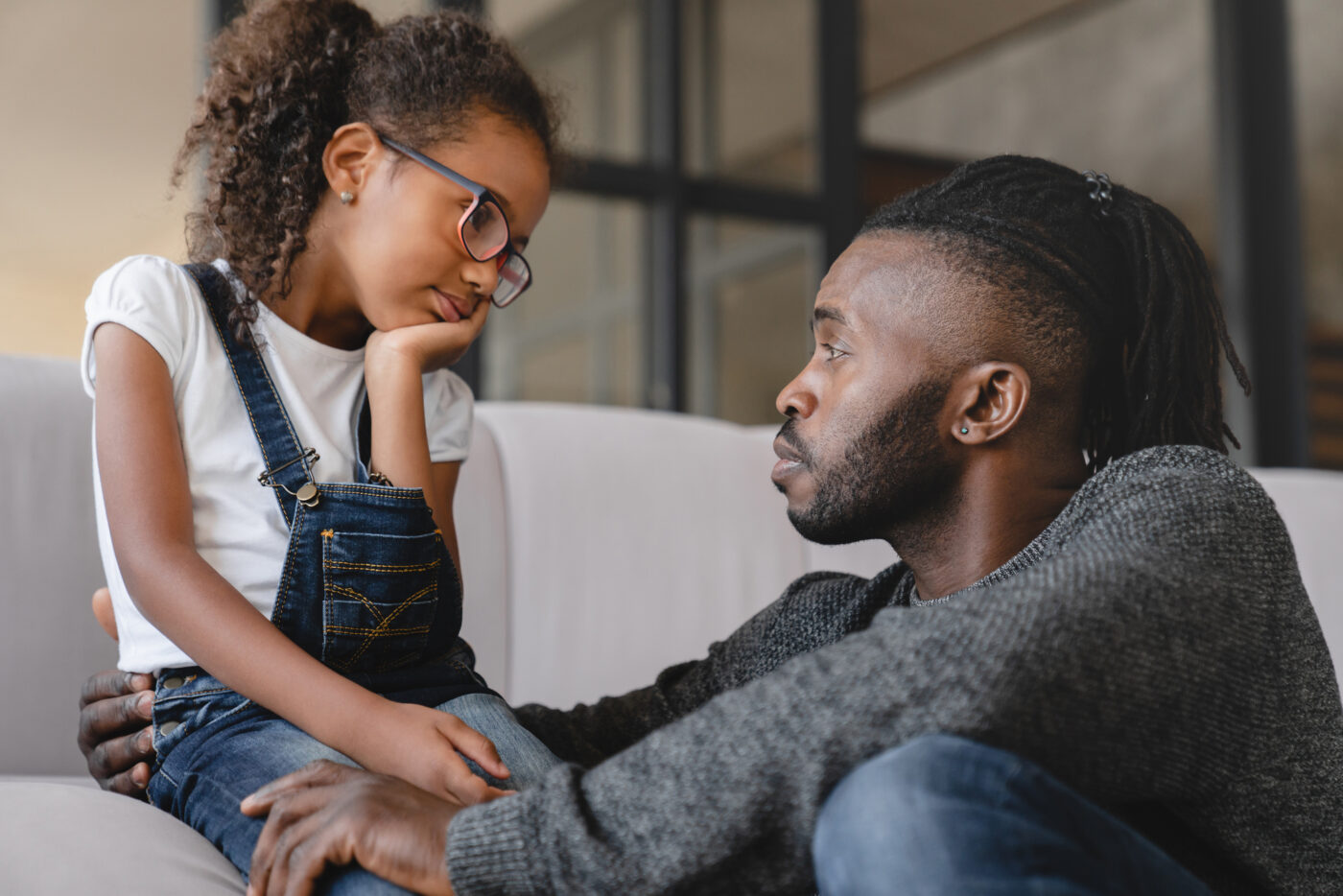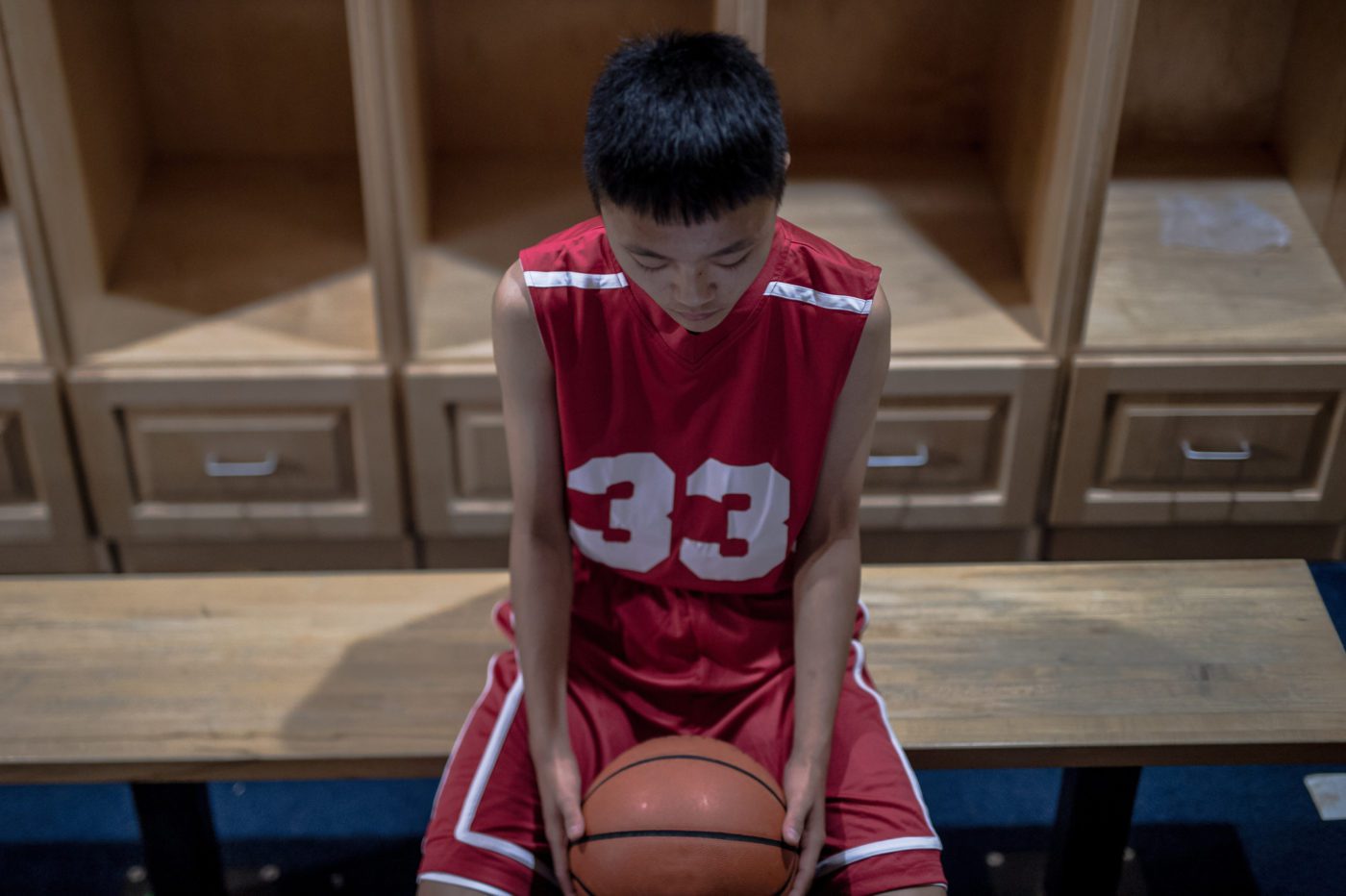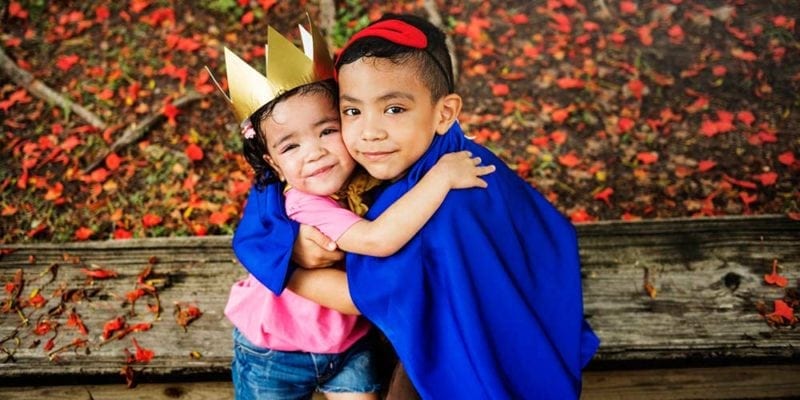My car was parked in its usual spot on the street but the front bumper cover was hanging at an awkward angle. I felt my blood begin to boil as I wondered what my 16-year-old daughter had done. I tried to calm myself as I climbed the driveway, knowing that the next things I said and did were critical for her heart and our relationship.
Every child is going to mess up. How you react to children when they make mistakes matters. How you handle them in these moments will shape them for a lifetime. There are dangers that come both from reacting too harshly and from reacting too weakly. Here are 6 dos and don’ts when your kid screws up.
1. Do let them know you love them.
A child who screws up is in a vulnerable position. Emotions run high and the self-talk that follows is pretty negative, as your kid tells himself “I’m no good” or “I’m just a big screw up.” If he repeats this often enough, he might come to believe it. This is why it’s so important in these moments for you to tell your child that you love him and that your love/approval doesn’t depend on his doing the right thing.
2. Don’t lose your mind.
Your default reaction to a child’s failure might be to yell at or berate her. An emotional reaction like this will serve as a wedge between you and your child, as your tone and words will shape how she sees herself after this event. Rather than losing your mind when your child makes a mistake, take the time you need to calm yourself down to deal with this in a reasonable manner.
3. Do help them understand what they did that was wrong.
With every failure comes an opportunity to learn something new. If your kid screws up, don’t deny the wrong, minimize the seriousness of the issue, or project blame somewhere else. Clearly tell him that he did was wrong and why. You might also take the opportunity to share from your own story, admitting if you have ever screwed up in the same way and what you learned from that experience.
4. Don’t try to replace discipline with punishment.
Many people use the terms punishment and discipline interchangeably, as both describe the consequences you might give out when your child does something wrong. The difference is subtle but important. While a punishment is a penalty inflicted as retribution for an offense, discipline comes from the same root word as disciple. To discipline your kid when she has messed something up implies that you want her to learn something, while punishing her can be about getting back at her for whatever she has done.
5. Do ask for help.
No one likes sharing their family’s “dirty laundry” with others. As a result, when your kid screws up, you might be tempted to try and keep things to yourself. The trouble with this attitude is that sometimes what he’s gotten himself into might be beyond your ability to help him. This is especially true if it involves legal issues, addiction, trauma, etc. When your child makes a mistake, be ready to seek and find help from others with experience facing difficult problems with their kids.
6. Don’t take it personally.
One of the first lessons you learn as a parent is that you can’t control your child. She is an independent person with her own will, and she’s likely to make at least some decisions you won’t like. This isn’t a reflection on you, her mother, or your parenting, so don’t take it personally. If you constantly beat yourself up about her mistakes, you can’t help her through the crisis that follows.
Sound off: What have you learned about how to react to children when they make mistakes?











Huddle up with your kids and ask, “What mistakes have you learned a lesson from?”